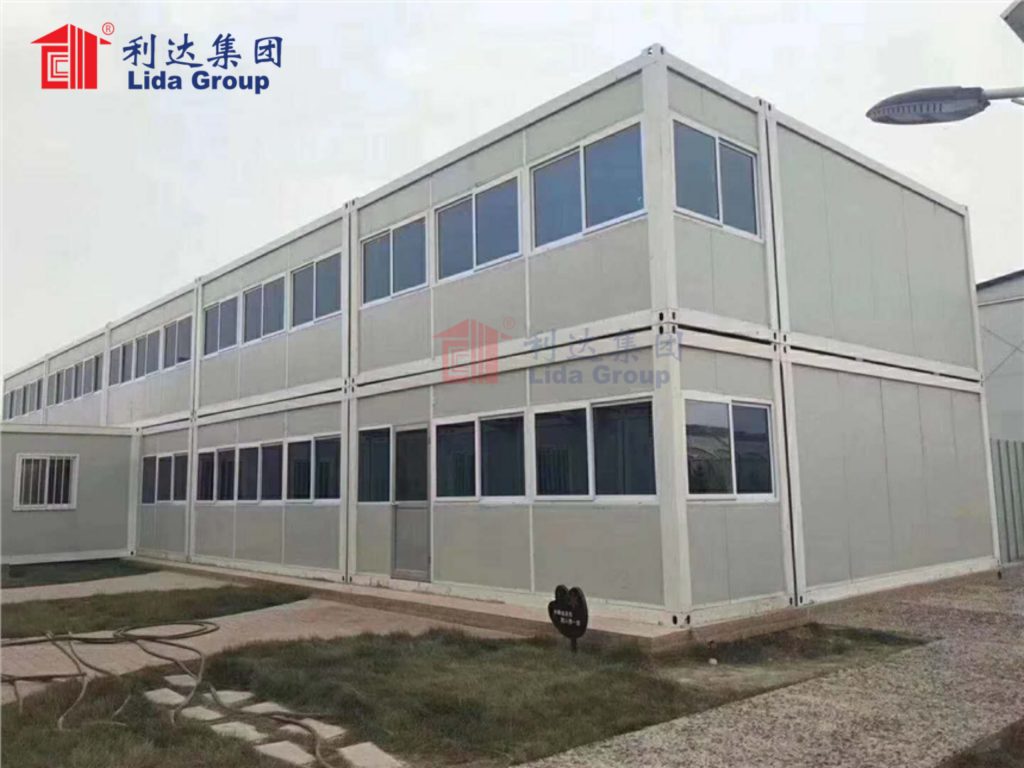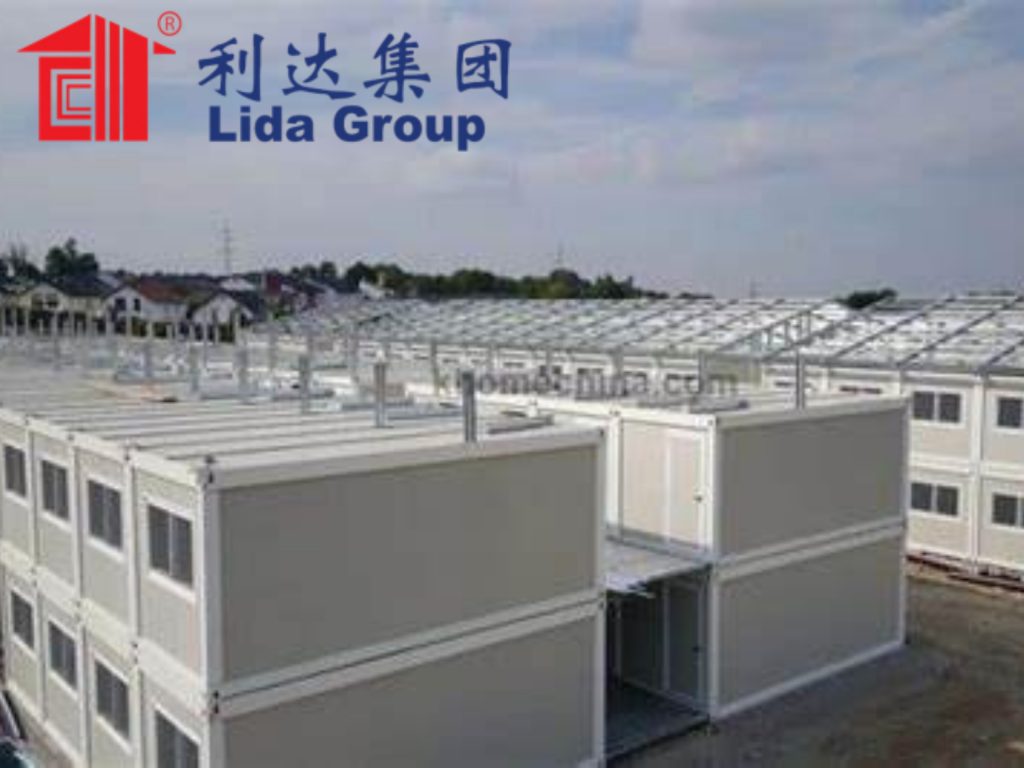When seasonal monsoon rains triggered widespread flooding that ravaged remote industrial areas and farming communities across several provinces, hundreds of thousands were left homeless and in urgent need of shelter. As local governments scrambled to provide temporary accommodation, international disaster relief organization Global Aid appealed to industrial construction firms for innovative solutions.
Lida Group’s modular building division responded with a proposal utilizing their patented container home technology previously deployed for worker housing projects. Under a license agreement, Global Aid would be permitted to assemble prefabricated container dwelling units on vacant lands near flooded regions.
Lida had designed the modular homes using refurbished shipping containers fitted with insulated walls, doors, solar-integrated roofs and stacked foundations. Pre-installed electrical, plumbing and internet connectivity minimized on-site work. Entire container pods were preassembled in factories then disassembled for packing and transport.

Within days of the flood emergency declaration, Lida container home components and automated assembly cranes were airlifted to staging sites. Leveraging their disaster deployment expertise, Global Aid teams rapidly erected the first relief villages within a week – far outpacing conventional tent shelter timeframes.
Each standardized container home provided 32-40m2 of private living space for up to 5 displaced persons, exceeding minimum UN standards. Shared facilities included communal kitchens, sanitation blocks, infirmaries and learning areas. Regular maintenance ensured comfortable habitation through the 6-12 month relief period until permanent rehousing.
Surveys found residents overwhelmingly preferred the secure container dwellings versus temporary tents. Secure locks and storm-resistant construction mitigated risks faced by vulnerable groups. Learning programs held in communal spaces helped alleviate anxiety through social support and empowerment activities.

Appreciating the model’s advantages, provincial governments signed additional licenses with Global Aid and Lida to expand relief villages, ultimately housing 250,000 flood victims within months. The success inspired replication elsewhere, with adapted designs distributed by NGO partners aiding displaced industrial and agrarian populations.
Partners agreed the collaboration demonstrated modular construction’s untapped potential for rapidly and safely housing large populations displaced via disasters or conflicts. With continued innovation, shipping container-based refuge shelters may start outperforming conventional tent camps in deployment speed, capacity and resident wellbeing.
The trials established a benchmark for dignified, dignified yet scalable emergency housing solutions. Licensing modular technology partnerships such as this one between Global Aid and Lida also presented an replicable model to catalyze private sector innovations supporting humanitarian relief worldwide. Future disasters may see even swifter, higher quality responses for vulnerable groups in need.

Related news
-
Lida Group launches construction of innovative modular prefabricated labor dormitory community featuring stackable container apartments to house migrant works near urban industries
2024-05-13 16:37:21
-
Lida Group develops customization options for multi-level steel structure building designs enabling smaller cities to efficiently construct additional housing stock through its versatile metal house modules.
2024-05-11 11:48:21
-
Researchers assess utilizing repurposed shipping containers as structural components in Lida Group's prototype prefab apartments designed to alleviate housing shortage issues for remote industrial laborers.
2024-05-13 16:52:00
contact us
- Tel: +86-532-88966982
- Whatsapp: +86-13793209022
- E-mail: sales@lidajituan.com


